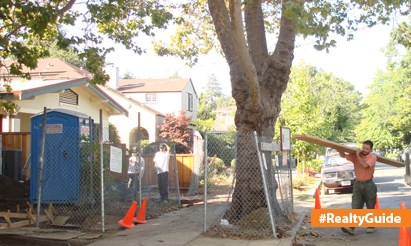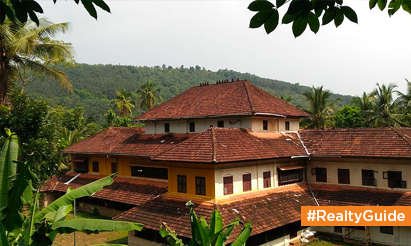Everything about the Model Bye-Laws and documents involved in it
Before we move on to the Bye-Laws for the corporate societies, let’s first briefly define what bye-laws are. Bye-Laws are the laws made by a local authority, and these laws are only for that local area.
What are the bye-laws of corporate society?
So, in the case of corporate societies, the local area is the area that comes under the society. And these laws will be applied to the society area and members only.
Model Bye-laws are nothing more than a guide for framing bye-laws in a co-operative multi-state society based on a representative sample. The society must refer to the MSCS Act 2002 and Multi-state Cooperative Societies Rules 2002 before framing bye-laws.
In the above statement, the MSCS Act 2002 stands for Multi-State Cooperative Societies ACT, 2002. In simpler terms, this act consolidates and amends the law relating to co-operative societies, with objects not limited to one state and it serves the interests of members in more than one state.
The details involved in the bye-laws are given below:
However, the complete information can be found in the following document https://agricoop.nic.in/sites/default/files/Mdl1522012.pdf.
- Name and address of the society
- Area of operation of the society
- Objects and functions of society.
- Information about the members of the society – the services to be provided to them, the eligibility for membership, the procedures to be followed for membership, the conditions for membership renewal, membership withdrawal, membership transfer, membership suspension, members’ rights, and duties, etc.
- Details related to society capital, fund sources, purposes for which the funds may be used, etc.
- Information regarding the process of calling general meetings, the procedure for notice, details regarding voting in general and other meetings, etc.
To the same extent as the points shared above; there is a lot of information that needs to be reviewed. You can read all points in the document shared above. These points cover a variety of detail, ranging from the procedure for amending the bye-laws to the frequency of committee meetings.
Q1. What is Model Bye-Law?
Bye-law simply means a regulation made by the local authority or cooperative society which has to be carried out by people of that particular area. Correspondence to this Model, bye-law is the representative sample or prototype that ensures bye-laws are framed in accordance with the 2002 MSCS Act Rules.
Q2. What is the MSCS Act 2002?
MSCS 2002 is an act to affiliate and amend laws relating to cooperative societies that voluntarily serve a section of the area. The objective is to work in the interest and welfare of society members that further helps in socio and economic development and provides functional autonomy to a society.
Q3. What is the bye-laws of cooperatives?
A cooperative society makes a set of rules and regulations to administer and manage a society internally. Such rules and regulations are known as the Bye-laws of cooperatives. The bye-laws are adopted by members and registered by the registrar of the cooperative society. However, the bye-laws adopted differ from one cooperative to another depending on their objectives and needs. Also, the provision of bye-laws cannot go beyond the power mentioned in Acts & Rules.
Q4. As per the Model bye-laws, what will happen if a society is not giving the NOC ?
According to the model bye-laws, no society can refuse to issue NOC, as it’s an owner’s association and society has no right to object in the transfer of property. If such a thing happens, you can straightaway approach the registrar, coop court and consumer court.
Q5. Can bye-laws be legally challenged?
Yes, any bye-laws that infringe or harm the fundamental rights of an individual can be challenged in the court of law. The housing society laws have the same stature or importance as the laws. Even if a tenant feels that the society laws are harmful and not fair, police complaints can be lodged against it.
Q6. What is the subject matter of bye law and model bye-law?
Following are the matters dealing with bye laws: –
- Name and address of society and branches
- Area of operation
- objects of society
- terms and membership
- Nature and extent of liability of members etc.
Whereas, Model bye-law frame bye-laws for each class/classes of society and registrar suggest modifications from time to time.
Q7. What are the documents required by members of society?
- Copy of bye laws of the society
- Amendment of the bye laws of the society
- Last audit balance sheet of the society
- Application for membership of the society
- Second and subsequent nomination by the member of the society
- Share certificate of the society
- List of members of the society
- Minutes of the general body meetings and
- Indemnity bond
Disclaimer: The views expressed above are for informational purposes only based on industry reports and related news stories. PropertyPistol does not guarantee the accuracy, completeness, or reliability of the information and shall not be held responsible for any action taken based on the published information.




